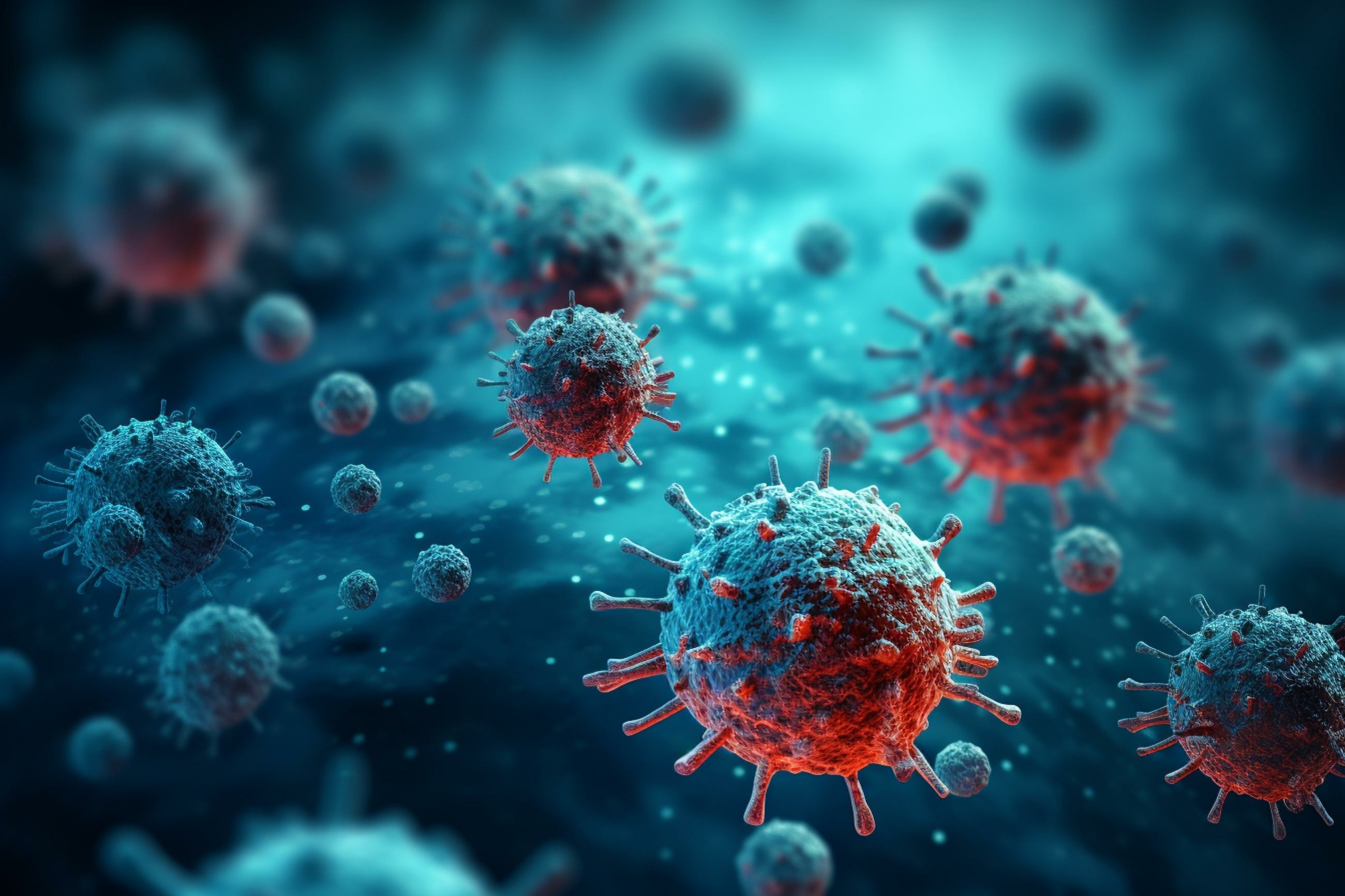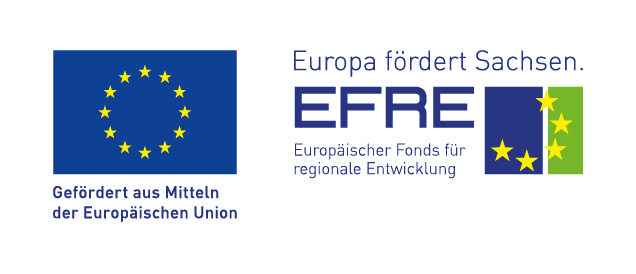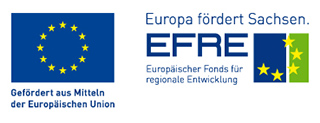GMP Cell and Gene Therapy
Manufacturing of investigational medicinal products (IMP) for a clinical trial investigating a ROR1 CAR T-cell therapy to treat hematological and solid tumors
CAR-T cells (CAR = Chimeric Antigen Receptor) are genetically modified immune cells used to treat certain types of cancer and autoimmune diseases. The T cells are genetically engineered to carry a receptor that recognizes and binds specific antigens on cancer cells, thereby activating a targeted immune response. Currently approved CAR-T cell therapies target the antigens CD19 and BCMA, which are associated with hematological malignancies such as leukemia and lymphoma.
A CAR-T cell therapy targeting the antigen ROR1 is being tested in the LION-1 clinical trial. ROR1 is a transmembrane tyrosine protein kinase receptor. It is highly expressed during embryonic development but barely expressed on healthy adult cells. Very high levels of ROR1 expression have been found on mantle cell lymphoma and breast cancer cells. CAR-T cells targeting the surface molecule ROR1 are intended to treat hematological malignancies (chronic lymphocytic leukemia and mantle cell lymphoma) and solid tumors (breast cancer, ovarian cancer and adrenocortical carcinoma).
Another difference to the previously approved CAR-T therapies is the technology used to genetically modify the T cells. While only viral vectors have been used to transduce T cells, this therapy uses non-viral gene transfer. The genetic material is introduced into the T-cell genome using the Sleeping Beauty transposon system. Advantages of this technology include a better safety profile and lower manufacturing costs.
The therapeutic concept was developed at the University Hospital of Würzburg by a team led by Prof. Dr. Michael Hudecek. As part of a pilot project, pre-clinical studies to evaluate the safety and efficacy of the ROR1 CAR-T cells have already been carried out at the Fraunhofer IZI and the pharmaceutical production of the IMP has been established. Subsequently, the IMP was added to the existing manufacturing authorization in accordance with § 13 of the German Medicines Act. This project was funded by the Proof-of-Concept Initiative, which was initiated by the Fraunhofer-Gesellschaft, the Helmholtz Association and Deutsche Hochschulmedizin (German University Medicine) to support the translation of innovative research projects.
In the LION-1 study, patients will be treated with ROR1 CAR-T at the University Hospital of Würzburg. The IMP will be produced in Fraunhofer IZI's clean rooms according to pharmaceutical standards and will be subject to comprehensive quality controls.
Manufacturing of clinical investigational medicinal products for the clinical development of new CAR-T cell therapies
Since 2021, the Fraunhofer Institute for Cell Therapy and Immunology (Fraunhofer IZI) has been supporting the international research-based pharmaceutical company Bristol Myers Squibb in several of its European CAR-T cell development programs.
The collaboration includes process transfer for manufacturing and quality control according to pharmaceutical standards (Good Manufacturing Practice – GMP). After the cellular products and intermediates have been added to the manufacturing authorization of the Fraunhofer IZI in accordance with Section 13 of the German Medicines Act, Fraunhofer IZI manufactures and releases batches required to provide supply of investigational medicinal product for the relevant BMS clinical trials in Europe.
CAR-T cell therapies have been added to the spectrum of cancer treatments in recent years. CAR-T stands for "chimeric antigen receptor T cell". This type of therapy uses the body's own immune system to attack cancer cells.
Preclinical and clinical development of a novel CAR-T cell therapy for the treatment of multiple myeloma and clear cell renal cell carcinoma

CAR-T cell therapy is based on the principle of equipping immune cells (T cells) with an artificial chimeric antigen receptor (CAR) by genetic modification. This enables the immune cells to identify specific surface structures (antigens) on cancer or other target cells and to activate a corresponding immune response.
In the therapies approved to date, the T cells are modified using viral vectors and in most cases address the cell surface molecule CD19, which is expressed by the target cells in particular in certain types of blood cancer and lymphomas.
With the ROR2-CAR-T cell therapy, scientists at the University Hospital of Würzburg have developed an immunotherapy that differs from previously approved therapies both in the type of genetic modification and the target antigen addressed. This is now to be transferred to clinical application as part of a project funded by the German Federal Ministry of Education and Research.
The ROR2 protein is a transmembrane receptor that plays an important role especially during embryonic development. It is normally not expressed, or only very slightly expressed, in normal, healthy cells and tissues. However, in some cancers, including multiple myeloma and clear cell renal cell carcinoma, it is highly expressed on the cancer cells in question. This makes the antigen a suitable target for appropriately targeted CAR-T cells.
In this project, a new method for the production of autologous CAR-T cells, which is still being tested, is used. The genetic modification of the patient's own T cells is carried out via a non-viral gene transfer, which, compared to viral gene transfer, will enable a simpler, more scalable and thus less expensive production process. The chimeric antigen receptor was designed to initiate overexpression of the transcription factor Batf3 in addition to T cell activation to improve T cell persistence and tumoricidal activity.
Fraunhofer IZI is responsible for two main areas within the project. On the one hand, the preclinical testing of the safety and efficacy of the novel CAR-T cell product within the scope of a GLP study, and on the other hand, the pharmaceutical manufacturing of the investigational medicinal products for the clinical study, including the prior establishment and validation of the manufacturing process as well as the safety-relevant quality controls.
The multicenter clinical study (phase I, first-in-human) will be realized at the University Hospitals of Würzburg (coordination, Prof. Dr. M. Hudecek), Regensburg and Leipzig.
The establishment of a Good Manufacturing Practice (GMP)-compliant manufacturing process for the ROR2-CAR-T cells including qualification of all suppliers and equipment is performed at Fraunhofer IZI (Department GMP Cell and Gene Therapy). This also includes the validation of the manufacturing process on the basis of three process validation batches, the validation of all safety-relevant quality control methods (testing for sterility, testing for bacterial endotoxins, testing for mycoplasmas, determination of the "Vector Copy Number"), the aseptic process simulation (APS) as well as the update of the assortment list of the existing general manufacturing authorization for advanced therapy medicinal products according to §13 of the German Drug Law.
In the context of the planned clinical trial, Fraunhofer IZI acts as the central manufacturing site. All investigational medicinal products will be produced in the institute's clean rooms and tested for their quality parameters in the quality control laboratories as part of in-process and end-product controls. After approval by the Fraunhofer IZI's experts, the investigational medicinal products are delivered to the participating study centers for the treatment of patients.
![BMBF_CMYK_Gef_M [Konvertiert]](/en/departments/leipzig-location/gmp-cell-and-gene-therapy/projects/jcr:content/contentPar/sectioncomponent_116120749/sectionParsys/imagerow_1567937803/imageComponent1/image.img.jpg/1681744619732/BMBF-gefoerdert-2017-en.jpg)
An allogenic cell treatment product for treating focal condral defects in the knee – Production of clinical test products for a phase I/IIa clinical study
The “MesemCart” product developed by BIONCaRT GmbH (formerly BioPlanta GmbH) is based on mesenchymal stromal cells and will be used to treat acute and chronic cartilage damage in the knee joint. The cells harvested from umbilical cord blood activate regenerative processes and help to restore hyaline cartilage. This novel treatment aims to repair the cartilage, alleviate pain, improve mobility and reduce arthrosis symptoms in the knee.
As part of the joint project, a clinical (phase I/IIa) study is to be carried out to verify the safety of the treatment. BIONCaRT GmbH received approval to conduct the study from the responsible national higher federal authority, the Paul Ehrlich Institute, in May 2025. Fraunhofer IZI’s part of the project will provide the test products for the planned clinical studies.
Among other aspects, this includes the aseptic production, formulation and filling of the test products based on a cryopreserved cellular intermediate product which is to be produced by a contract manufacturing organisation. Furthermore, this part of the project also includes the execution of all release-relevant quality inspections of the final product, as well as packaging and preparation for shipping to the clinical test centres.
In a previous project, the scientific and technological preconditions for the pharmaceutical production of the clinical test products were established and an update of the product list was obtained under the current manufacturing permit of Fraunhofer IZI in accordance with section 13 of the German Medicines Law. In addition, the product has already undergone numerous tests at GLP conditions in the Fraunhofer IZI GLP test facility. These involved checking for undesirable biodistribution and tumorigenicity.
Project partners
BIONCaRT GmbH (formerly BioPlanta GmbH); Dresden Technical University | University Centre of Orthopaedics, Trauma and Plastic Surgery; Dresden Coordination Centre for Clinical Studies


Fraunhofer Institute for Cell Therapy and Immunology launches collaboration with Iovance Biotherapeutics,Inc.
The Department of GMP Cell and Gene Therapy of Fraunhofer IZI collaborates with Iovance Biotherapeutics Inc. (San Carlos, CA, USA) on manufacturing of allogeneic feeder cells used in Iovance's tumor infiltrating lymphocyte cell therapy manufacturing process. Iovance Biotherapeutics, Inc. is a commercial immuno-oncology company developing innovative cell therapies for the treatment of cancer based on tumor-infiltrating lymphocytes (TIL).
Finished projects
ROR1 CAR-T PoC initiative: CAR-T cells for the treatment of breast and lung cancer
T-Charge™
Manufacture of Kymriah®
Development of an additive production platform for biodegradable, patient-specific breast implants for natural breast tissue reconstruction
(This project was co-financed by tax revenues on the basis of the budget approved by members of the Saxon state parliament.)
Development of an additive production platform for biodegradable, patient-specific breast implants for natural breast tissue reconstruction
Obtaining of a manufacturing authorization for CardAP-Cells
autoCard study
Manufacturing DCVax®-L for the American biotech company Northwest Biotherapeutics, Inc.
Manufacturing and quality control of EpiDex (autologous epidermal equivalent tissue-engineered from follicular outer root sheath keratinocytes for treatment of chronic wounds) together with euroderm GmbH Leipzig / Germany
Manufacturing and quality control of autologous stem cell preparations from cord blood (InnovaCB) together with Innovastem GmbH Leipzig / InnovaStem S.r.l. Brescia / Italy
Process transfer and manufacturing of the Dendritic Cell-based investigational medicinal product Cvac™ for the Australian biotech company Prima BioMed Ltd.

